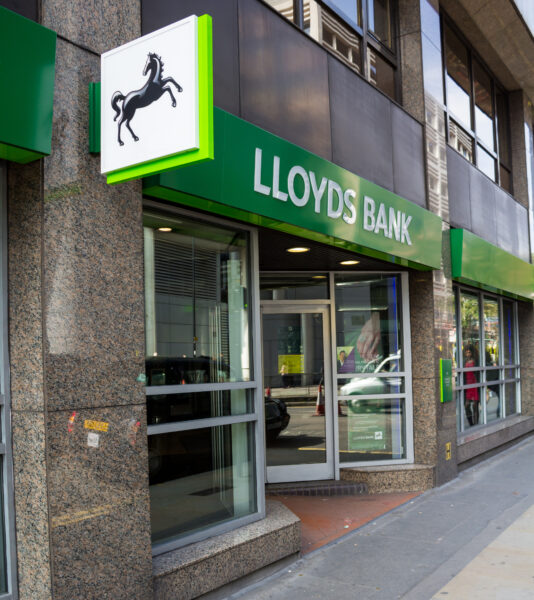8 June 2015
Can government owned Lloyds justify paying its spin doctor £2m?

I've written a few times about the controversy over the pay package of the chief executive of Lloyds, Antonio Horta-Osario. At Lloyds' AGM just a few weeks ago, shareholders signed off on a package of over £11m - which is all the more shocking in the light of news on Friday that the bank has been fined £117m for handling its PPI complaints so badly. Let’s not pretend that Lloyds would not have known what was coming at the time it awarded the CEO his bonus. It would seem it knowingly handed out a reward for failure.
As I wrote last week, Mr Horta-Osario will now surely be the next in line to have some of his bonus clawed back. But I doubt that it will be material when placed in the context of such an enormous package. Even if he was asked to give back as much as £3m (which is highly unlikely), he will still be sitting on a package of £8m - rewards that are out of all proportion given he was running the business during the time it was handed one of the biggest regulatory fines in retail banking history. And of course, more importantly, he was running the company at the time the misconduct was deemed to have taken place.
Plenty of room on the gravy train
I wasn't going to write any more about this story until I saw a tweet today revealing what the rest of the Lloyds board had received in share awards over the past year. Although unjustifiable for a bank that is part owned by the taxpayer, and has so much to do in terms of cleaning up a rotten culture, I wasn't that surprised to see that the chief financial officer, chief risk officer, head of retail, head of consumer finance, and head of Scottish Widows had all received shares worth more than £2.5m.
But I was gobsmacked to see that the Director of Corporate Affairs had also been handed almost £2m in shares - the same amount as the director responsible for the entire Halifax bank.
The average head of PR for a FTSE 100 company would typically earn a few hundred thousand pounds - rarely more than half a million a year. I'll save you my opinions about whether that's a fair salary for the role. But to pay your head of comms almost £2m in a year is off the charts.
Shareholder owned companies are of course accountable to their shareholders - and if they are happy to waive through pay packages that are several multiples of those paid at competitor banks, then they’ve no one to blame for their misjudgement but themselves.
Rewards for failure - paid for by you
My main concern here is not about big companies paying their staff too much (although that does concern me), it's about the size of the rewards being handed out to executives who have presided over a bank that has failed - and continues to fail - its customers. Mr Horta-Osario has a long track record of squeezing profits out of retail banks. But if those profits have been delivered by mistreating customers, then there should be alarm bells ringing in the offices of both government and regulators when sums of money such as this are handed out to directors. Such rewards were commonplace before the financial crisis, and there’s little to suggest any lessons have been learned in the past seven years.
Let's not forget that there is taxpayers' money involved here. The government may be selling down its stake, but by the end of last year it still owned almost a quarter of Lloyds. So of the £30m handed out in bonuses to 11 directors, over £7m was taxpayers' money. That may be insignificant in the context of overall government spending, but as a local councillor - where all we need is £100,000 a year to save a library - it's hard to see sums such as this as trivial.
I've long thought the prime minister and senior politicians are massively underpaid for the work that they do. David Cameron earns £142,500 a year - about an eighth of what the CEO of Lloyds earned last year. And while this may be too low, it's only right that restraint is exercised when taxpayers' money is involved. Government has to lead the way on remuneration, and must challenge excess. In the case of Lloyds, it never did this, in spite of its privileged position. At one point, it owned almost half of the bank.
As the government exits from Lloyds over the next few years, its legacy will be incredibly poor. As a shareholder, it did little more than sit on its hands and wait for the share price to hit a point where it could exit at a profit. It did nothing to assert its influence on pay and culture - and nothing to ensure that one of Britain's largest banks led the way in banking reform.
Britain’s entire retail financial services culture is worse off as a result.

